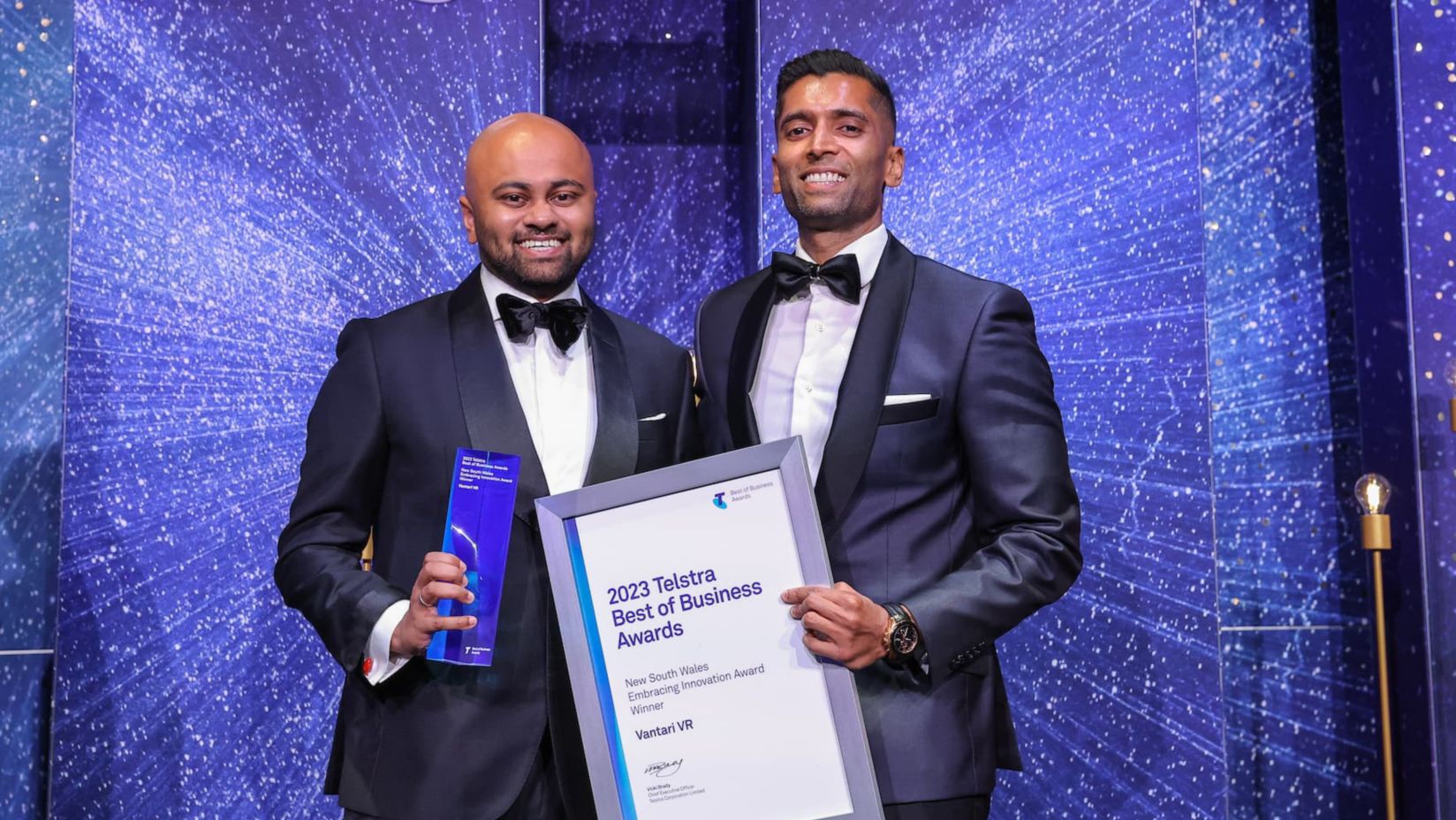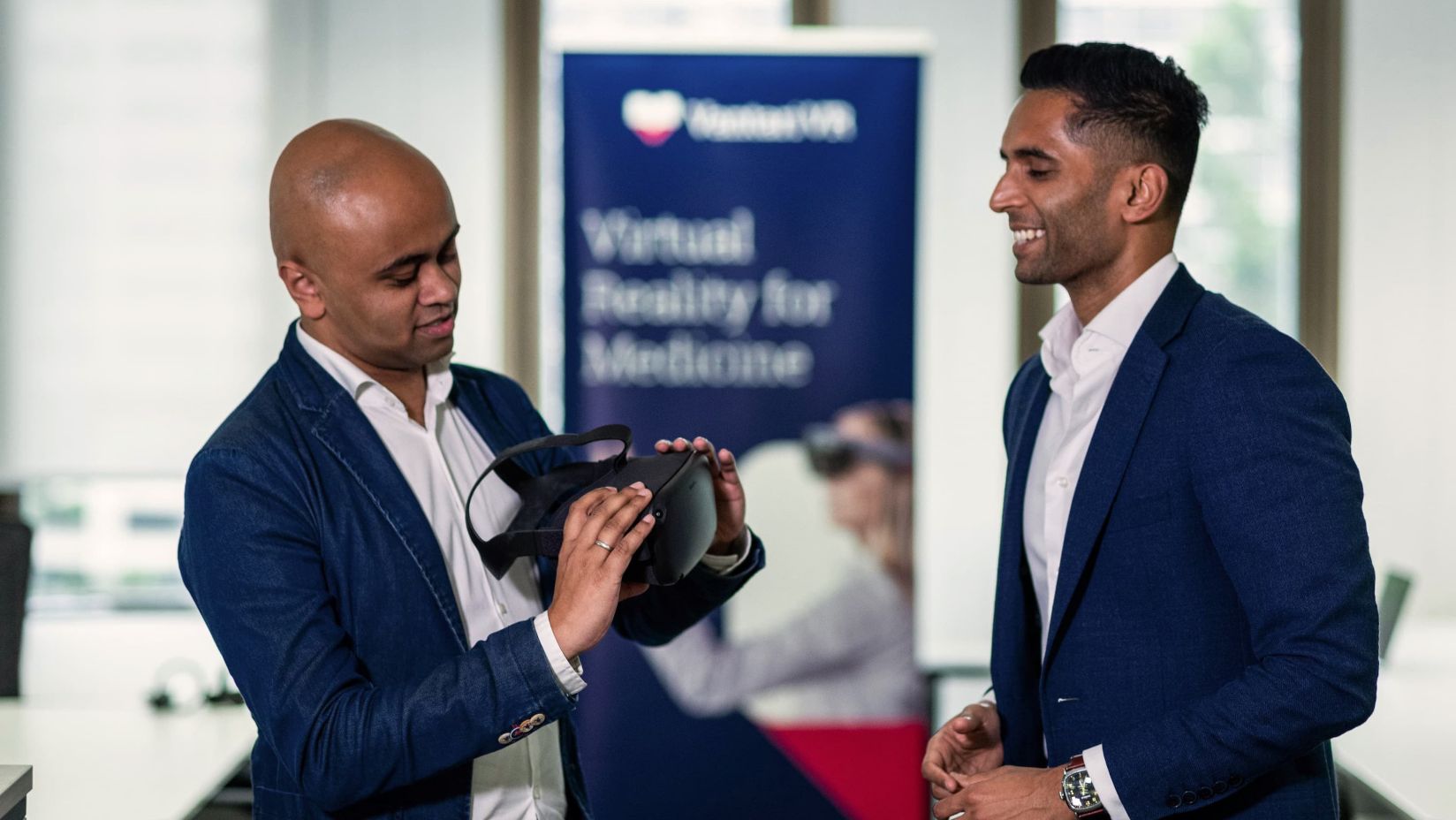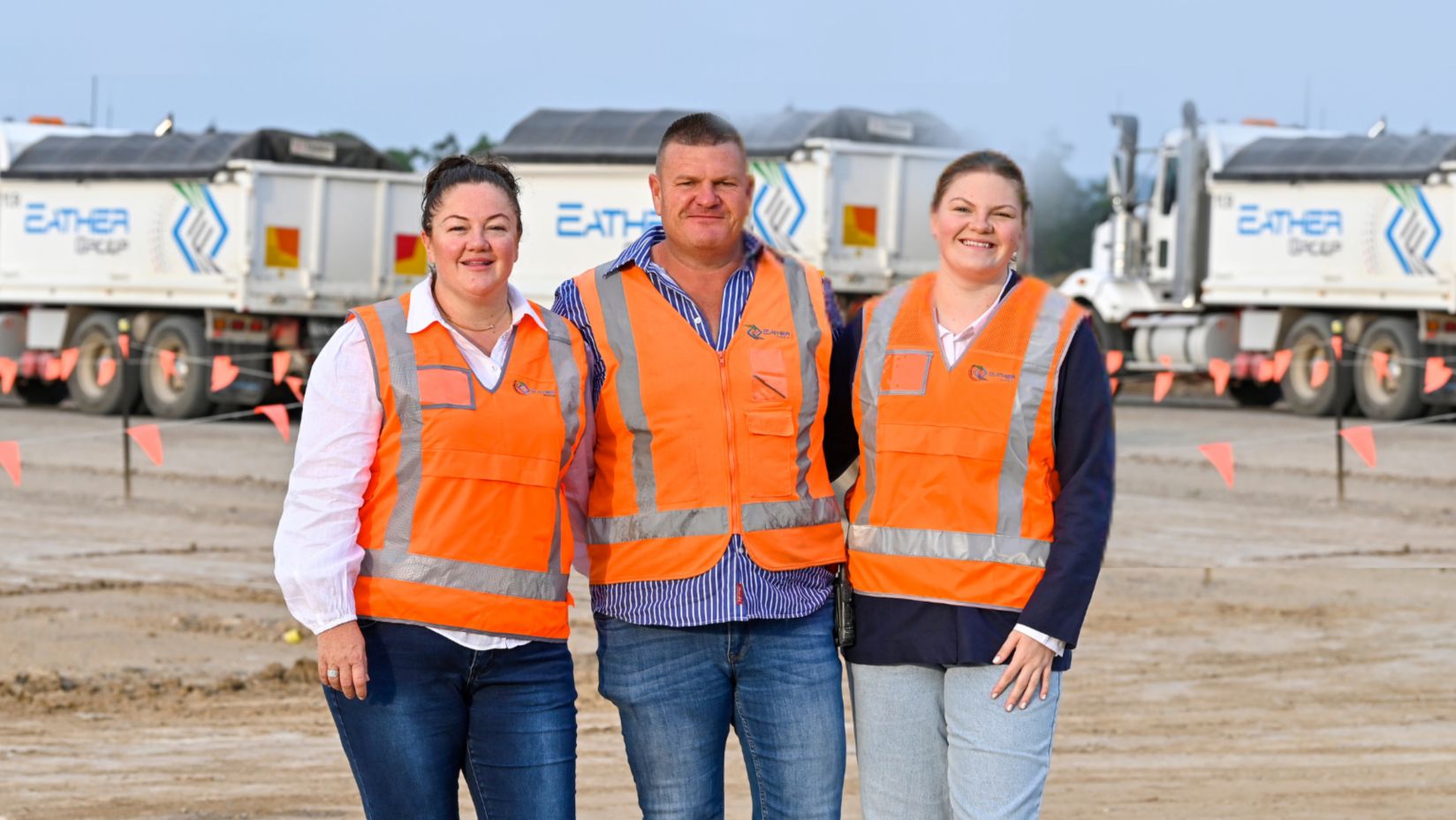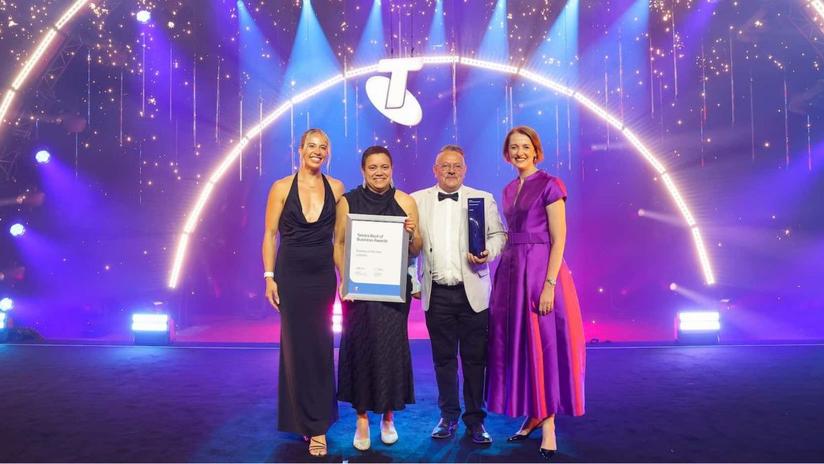Vantari VR: Tech solutions for global business growth
Discover how Vantari VR uses technologies like cloud solutions to help drive business growth and scale its medical training platform globally.

Vantari VR, 2023 Telstra Best of Business Awards New South Wales Embracing Innovation Winner
Vantari VR’s global operations
Vantari VR is a globally leading health technology which helps clinicians practice procedures in a safe, scalable Virtual Reality environment prior to performing them on real patients to eliminate medical error and improve patient outcomes.
Vantari VR was recognised as the 2023 Telstra Best of Business Awards New South Wales Embracing Innovation Winner. This article explores how Vantari VR uses a range of technologies to support its business growth in Australia, the US and UK.
The physical benefits from virtual reality training
Dr. Nishanth Krishnananthan and his close friend Dr. Vijay Paul co-founded Vantari VR to transform medical training. Daniel Paull joined them as Chief Technology Officer with over 30 years of experience with immersive technologies. These included VR, MR (mixed reality) and augmented reality (AR) solutions.
Virtual reality offers a way to help overcome the limits of traditional medical training which is subjective and physical resource dependent (mannequins, cadavers). The trio’s mission is to use technology to help doctors practise medical procedures in a more sustainable, scalable way, while democratising healthcare.
How VR-powered medical training works
Vantari VR is a cloud hosted software platform. The software works with a VR headset and high-performance laptop to deliver an immersive virtual training experience.
When users put on the headset, they enter a virtual environment such as an operating theatre or emergency bay. Here, they can interact with 3D modelled patients and equipment. They follow college accredited guidelines to practise procedures, with an AI facilitator guiding them each step of the way. There is real time performance tracking, and users can make and correct mistakes in real time — without real-life consequences.
Enabling access to VR training through the cloud
Vantari VR’s team is growing and serves clients in hospitals and medical device companies across Australia, North America and Europe.
Vantari VR hosts its software in the cloud to make it accessible anywhere with minimal connectivity. Users first download the application onto their laptop or PC. They then log in with their user credentials and pop on their VR headset which is linked to the computer. This transports the user into a hospital environment (think operating theatre or emergency bay) and gives them access to a digital library of virtual procedures and scenarios.
Vantari VR’s deployment also supports automated and remote software updates as the platform is cloud hosted with Amazon Web Services.
Innovative tactile responses to digital input
VR procedural training faces a specific challenge when it comes to complicated surgeries. Some physical interactions and sensations can be difficult to recreate digitally. For example, fine motor skills such as cutting through layers of skin and tissue.
So, Vantari VR developed its own graded vibration system to simulate different sensations, ensuring users can feel a pop when they go through muscle or tissue layers.
The company is also exploring collaborations with hardware manufacturers. This could introduce new accessories to help with surgical training.
One example is haptic gloves. These have tactile sensors to let users “feel” virtual objects and more fine control in the environment. Such tools could help students and residents practice delicate surgical procedures with more realism and dexterity.
Good connectivity is critical for communication and collaboration
Vantari VR works with leading hospitals from America to Australia. Working across global markets and time zones can be challenging. But the founding team were well-prepared for it. They were working remotely long before the pandemic.
“Vantari VR has been virtual from day 1. We worked with our CTO for two years before we met him in person.”
- Dr. Krishnananthan, Co-CEO, Vantari VR
Reliable internet connectivity has been critical to this process. It helps ensures smooth communication and product development across different regions. Vantari VR has a completely remote team looking after different divisions and geographies, ensuring someone is available at all time zones. They also use digital platforms to communicate and share updates in real time. In addition, reliable web connectivity also helps Vantari VR with online presentations and demonstrations within the team and to partners globally.
Improving medical education through innovation
Vantari VR has ambitious plans for future expansion. Dr. Krishnananthan says the team is continuously looking at different ways to enhance their product and offering, including through synergistic partnerships and new technologies.
Hardware partnerships
There’s exciting potential for technology partnerships that could enhance the user experience. Vantari VR is exploring collaborations with major hardware manufacturers of mixed reality technologies. The company has also received support from developers of major gaming franchises (Epic Games which famously created gaming behemoth Fortnite).
Partnerships with specialists in advanced computer hardware also have a role to play, and Vantari VR has already partnered with Lenovo, Qualcomm and NVIDIA. Training tools with tactile sensors could help virtual surgeries feel more realistic, whether it be haptic gloves or medical peripherals.
The potential to personalise training content through AI
Emerging technologies could also play a key role in Vantari VR’s future plans. Machine learning and artificial intelligence (AI) could help improve the learning experience by personalising training simulations or adding contextual information. For example, the system could automatically adapt to individual learners’ needs.
This could help make virtual education more personalised, engaging and effective, taking medical training to the next level.
Democratised medical training
While Vantari VR works today with tertiary hospitals and training institutions, the team’s future vision involves working with individual users and doctors. Vantari VR wants to make high-quality medical education as widely available as possible.
“Imagine if every student had the potential to have a VR headset in their backpack, or at home,” says Dr. Krishnananthan. “They could begin their training before they even step foot in a hospital. Or they could access a refresher course on demand.”
Read more about the technology revolutionising the healthcare industry. For more inspiring stories of success, visit Telstra Best of Business Awards.
Stories from award-winning businesses
Inspirational founder stories celebrating success and sharing inspiration from small and medium businesses recognised as Telstra Best of Business Awards finalists and winners.
Explore more on this topic
Get involved in our Telstra Best of Business Awards
The Awards give small to medium-sized businesses a platform to celebrate their achievements and stories with peers. Plus, opportunities to learn from Australia's best business minds. Nominate your own or another remarkable business today.




